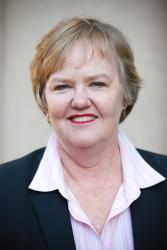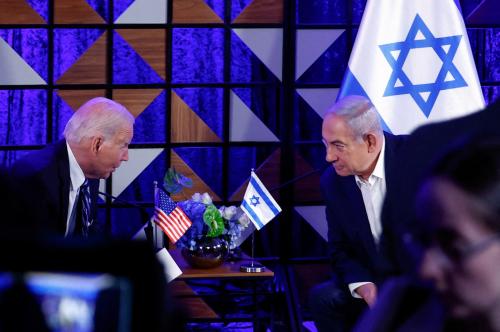

10:00 am EST - 11:30 am EST
Past Event
10:00 am - 11:30 am EST
1775 Massachusetts Ave., NW
Washington, DC
The winner of this year’s presidential election will face major policy decisions on a wide range of issues. One of them is how to craft a foreign policy strategy for Afghanistan and Pakistan, two countries beset by development, governance, and security challenges as well as a tense relationship with each other. The increasing political influence of the Taliban in Afghanistan, the continued existence of al-Qaeda sanctuaries in volatile border areas, and Pakistan’s nuclear capabilities pose an international security threat that extends beyond south Asia.
On February 15, the Campaign 2012 project at Brookings held a public discussion on Afghanistan and Pakistan, the second in a series of forums that will identify and address the 12 most critical issues facing the next president. Charles Hoskinson of POLITICO moderated a panel discussion with Brookings Senior Fellows Michael O’Hanlon, Bruce Riedel, Vanda Felbab-Brown, and Elizabeth Ferris.
After the program, panelists took questions from the audience.
Download papers from the event:




Bruce Riedel
January 16, 2024

Itamar Rabinovich
October 24, 2023

Jeffrey Feltman, Sharan Grewal, Patricia M. Kim, Tanvi Madan, Suzanne Maloney, Amy J. Nelson, Michael E. O’Hanlon, Bruce Riedel, Natan Sachs, Natalie Sambhi, Jaganath Sankaran, Caitlin Talmadge, Andrew Yeo
October 13, 2023